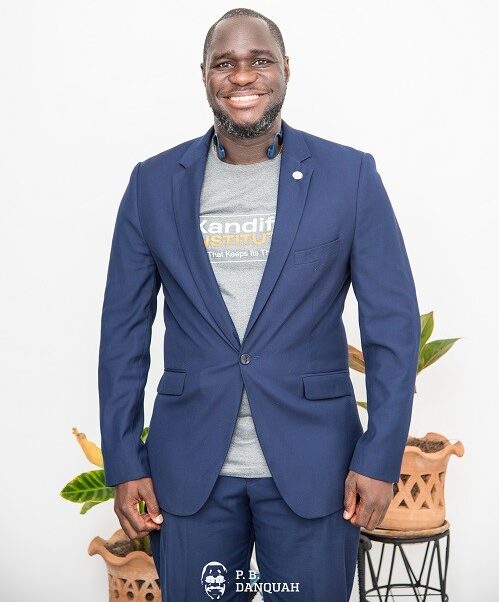The Republic of Ghana (formerly The Gold Coast), named after the medieval West African Old Ghana Empire, is the first Black colony to declare independence and the first sub-Saharan country to gain independence by breaking free from the former British colonial masters.
Ghana on 6th March 1957 was declared free from colonial rule after several years of colonization, under the leadership of Dr. Kwame Nkrumah – the first president of the Republic. Ghana has since then seen and gone through massive changes – from political development through to socio-economic development of the citizenry.
Ghana became a commonwealth republic with Dr. Nkrumah as president and pan-African hero; but he was deposed in a coup, leading to years of military rule. In 1981, Flight Lieutenant Jerry John Rawlings staged his second coup d’état. For the past two decades Ghana has taken major strides toward democracy under a multi-party system, with its Independent Judiciary gaining the trust of its citizens.
64 years after Independence, Ghana has kept on moving toward economic stability and democracy, and is still among the fastest-growing countries in Africa with an economy that is growing rapidly. Despite being rich in mineral resources and endowed with a good education system and efficient civil service, Ghana still fell victim to mismanagement and corruption. Ghana is a politically, ethnically, economically, and demographically different country in the sense that despite all challenges it still stands out.
In 2020, the World Bank defined Ghana’s economy as positive, although it faced several risks and challenges – with Gold, Cocoa and more recently Oil forming the cornerstone of the economy.
Celebrating achievements of Ghana as a country
- Ghana was the first sub-Saharan country in Africa to declare independence from colonialism. It gained independence on March 6, 1957.
- Ghana has been ranked Africa’s most peaceful country by the Global Peace Index.
- The currency unit (Ghana cedi) has been identified as one of the strongest currencies in the world.
- Ghana is the world’s second-largest cocoa producing country after Ivory coast.
- Ghana is often seen as a model for political and economic reform in Africa.
- Politically, Ghana is seen as one of the most democratic countries in Africa.
- In 2010 Ghana began offshore oil production, fuelling Africa’s fastest-growing economy.
A well-administered country compared to many other countries, Ghana is on record for its good governance and respect for human rights – which happen to be key pillars of democracy. This makes it a model for political, and to an extent economic reform – not just in West Africa but across the African continent at large.
Aside from being the first nation in sub-Saharan Africa to achieve independence from a colonial power, the country has become a torch-bearer in terms of consolidating democracy and good governance following years of political upheaval. Ghana is now ranked highly in Africa, based on most of the fundamental measures of democracy and good governance.
Another main aspect of the Ghanaian constitution is the respect for freedom of speech and expression. Freedom of speech and the press are some of the core factors for the respect of human rights. These are commendable, as they allow for vibrancy of a free press and political debate.
Ghana has become a model for political and economic reform because it has conducted free, fair, efficient and transparent elections uninterruptedly since 1996, with full participations of political parties and the vast majority of its hospitable citizens. Ghana is showing the way to advance democratic governance in Africa. Ghana has had some glorifying as well as some troubling moments since its independence in 1957.
Ghana has gone through a one-party state, a non-party state, and military rule before it settled for being a multi-party state. According to Baffour Ankomah, Ghana has important lessons for the whole African continent.
Ghana is a multi-ethnic and multi-religious democratic state. Liberty and democracy that’s guided by the people-centred constitution define and empower the citizenry. Ghana is indeed a beacon of hope and success in Africa, and other countries on the African continent and within the region would like to emulate it.
Happy Independence Day!











